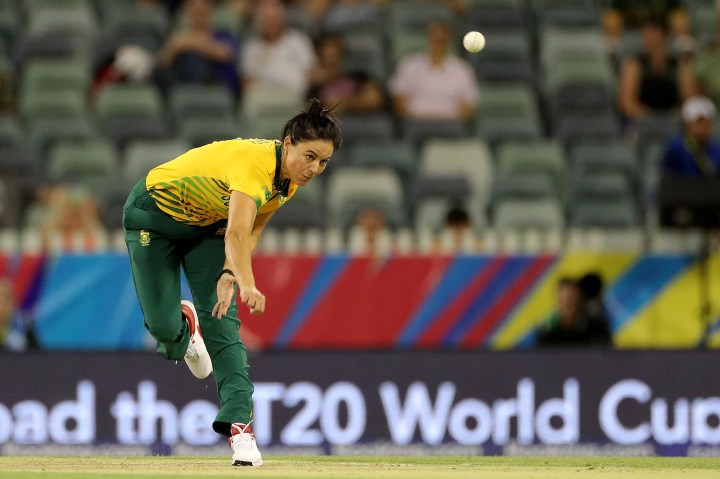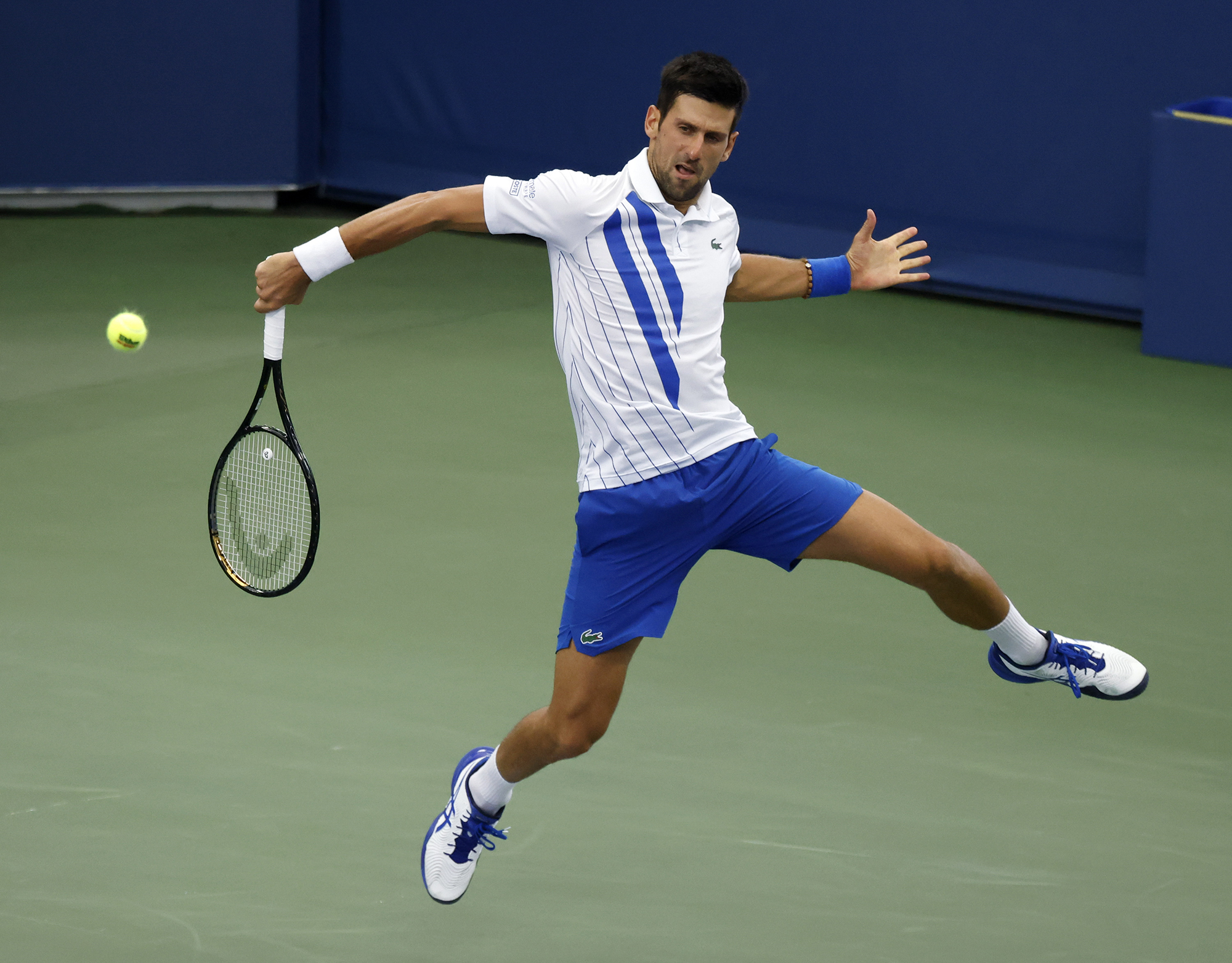Speaking Up
The rise of player power in sport

Increasingly, sports stars are challenging the system. Players are no longer cowed to stand silently by as administrators kill their sports or make crucial decisions without athlete input. 2020 has not only brought us Covid-19, but a new attitude to engagement from sports people.
In an unprecedented move, 32 contracted South African cricketers this week openly criticised the way the game is being brought into disrepute by Cricket South Africa (CSA). It’s unprecedented because CSA pays their salaries and South African sportspeople have a history of toeing the line and avoiding controversy or expressing opinion.
But after months of the so-called CSA “leadership” bumbling from one crisis to the next and in so doing causing both financial, reputational and organisational damage to the sport, the players spoke out.
Through their highly vigilant and active trade union, the South African Cricketers’ Association (Saca), top Proteas – both male and female – drew a metaphorical line in the sand. They called the leadership out for their lack of, well, leadership, and demanded accountability and stability.
“As Proteas players, both men and women, we are concerned about the future of our game,” the statement said. “At Board and operational level, Cricket South Africa has lurched from crisis to crisis over the past year. Issues such as suspensions, dismissals, resignations, forensic audits, confidential leaks, litigation and financial mismanagement have dominated the cricket headlines.
“This is happening at a time when we are having challenging conversations about transformation, and in an environment where the financial viability of the game is under major threat.
“High standards are expected of us as players. To succeed as Proteas teams, we know we have to put aside personal differences and work together. We require the same of our administrators. Politics and self-interest appear to trump cricket imperatives and good governance.
“Decisions must be made that are in the best interests of cricket, failing which the game we love may be irreparably damaged in this country. The Proteas teams must be strong, the domestic structure must be strong, and the transformation pipeline must be strong – we demand that this be the focus of the CSA Board and operational team.”
Wow. If that doesn’t shame the entire CSA board into a collective career hara-kiri, nothing will.
So far, little has moved the CSA board to resign en masse for its part in bringing the sport to the brink of financial collapse. It’s unlikely that this challenge from the players, which should be a massive embarrassment for the hierarchy, will penetrate some obviously very thick skins. But even if it doesn’t have an immediate impact, the sign that players are starting to understand their power is a welcome development and an ominous indication for greedy, power-hungry officials.
No one has ever paid money to watch an administrator. Players are starting to realise this. Professional sport, most importantly, needs top professional sportspeople to exist. The vast sums of money from TV rights and sponsorships follow, and therefore administrators are needed to supposedly manage the business. But they come after the sportspeople.
It seems South African sports administrators, in general, believe they are somehow above the sports they supposedly “serve”. There is a general feeling that sportspeople should be subservient to administrators – a feeling that pervades leagues and competitions globally as well. South Africa though, seems to do it better than most.
There are individual exceptions everywhere, of course, and still some good people involved, but generally the tale of sports administration in this country is woeful.

LeBron James has become an increasingly important voice for social justice. (Photo: EPA/JOHN G. MABANGLO SHUTTERSTOCK OUT)
Strong player voices work with willing leaders
Player power though, is not only about challenging leadership, but working together with it too. SA Rugby, an organisation that has had its issues with leadership in the past, is currently one of the most well run in the country.
Its books are balanced, leadership is progressive and stable, it has scored highly on transformation targets and most importantly, its flagship team, the Springboks, are the current world champions.
So it’s no surprise then, that when Covid-19 hit and some tough decisions needed to be made, there was a collective unity. Suspended competitions and the economic impact associated with that, cost-cutting and equitable suffering had to be addressed. SA Rugby seamlessly managed a situation that no one could have foreseen.
Players were a huge part of a consultative process that ultimately led to massive pay cuts across the industry, but importantly, not one job lost.
Through MyPlayers, professional rugby’s trade union, consensus on these issues was reached. MyPlayers needed a 95% mandate from its 717 members to participate and ultimately agree to the budgeted R1.2-billion industry cutbacks in a worst case scenario. They reached it easily.
Similarly other organisations linked to rugby were included in the negotiations to save the industry despite some pain. The plans were made in a joint working group (the Covid-19 Management Committee) including SA Rugby, the South African Rugby Employers’ Organisation (SAREO), MyPlayers (representing the players) and Sports Employees’ Unite (SEU – the rugby staff trade union).
“We have two options,” said Stormers representative and Currie Cup-winning captain Chris van Zyl at the time of the negotiations. “We can either let individual players negotiate about salary cuts with their respective employers. By doing so, we risk exploitation at the individual and group level; it will be time-consuming and, ultimately, this could force unions and franchises into a financial position they may not recover from.
“Our second option is to have a collective voice at the table fighting our case while keeping the longer-term sustainability of the industry in mind. Given that, operating as a collective is the best option. These are tough decisions, but it’s what these tough times call for.”
Global changes
Globally, players are challenging the system for varying reasons. Basketball’s NBA has been prolific and consistent in its stance against social and racial injustice.
At the current NBA play-offs in a bio-bubble in Orlando, the Milwaukee Bucks refused to take the court for Game 5 of their play-off series against the Orlando Magic because of the shooting of Jacob Blake. It was another disproportionate use of police violence against a black man and players in the NBA flexed their muscles.
The league’s biggest star, LeBron James, who has become an increasingly important voice for social justice, tweeted: “FUCK THIS MAN!!!! WE DEMAND CHANGE. SICK OF IT.”
He later told the media: “Hopefully the past couple of days is a change for the greater good and future. Hopefully we see change happening where you can look back and say that was the moment that it happened.
“I had numerous nights and days of thinking about leaving the bubble,” James said. “I think everyone has, including you guys. I don’t think there hasn’t been one person that hasn’t thought in their mind, ‘I got to get the hell out of here.’ Not because of what transpired, but it probably crossed my mind once a day.”
The Bucks’ move, although spontaneous and not well thought out, led to constructive discussions with state officials about police reform, as the Blake shooting happened in their home state.
Major League Baseball players followed the Bucks’ example and within hours games, series’ and leagues were suspended as players used the power of their ability to shine a light on social issues. Players are using their fame and influence to force conversations about serious social ills.

Novak Djokovic is rallying players into a new association. (Photo: EPA/JASON SZENES)
In another sphere, players are also using their power to shape the business of their sports.
In tennis, world number one men’s player Novak Djokovic is rallying players to unite against the sport’s ruling body, the ATP, with a move to form a breakaway body. It rocked the tennis world because Djokovic has the influence to make it a reality if enough top players rally behind him.
Djokovic wants to create a new body called the Professional Tennis Players’ Association (PTPA), which will give them more power in negotiations about future events. Djokovic was the president of the Players’ Council on the ATP, a position he recently resigned from to form his breakaway.
In a document circulated to leading men’s players last week, Djokovic and fellow partner in the move, and world top 100 player Vasek Pospisil stated: “The goal of the PTPA is not to replace the ATP, but to provide players with a self-governance structure that is independent from the ATP and is directly responsive to player-members’ needs and concerns.”
Only time will tell whether the PTPA receives enough support to become a realistic threat to the ATP, but the reality is that sportspeople are taking more control.
Football star Megan Rapinoe is heading a fight for equal pay in women’s football. She is also fighting against racism in football and discrimination against the LGBTQIA+ community. She and 27 of her World Cup-winning US teammates filed a lawsuit against US Soccer in 2019.
“Each of us is extremely proud to wear the United States jersey, and we also take seriously the responsibility that comes with that. We believe that fighting for gender equality in sports is a part of that responsibility. As players, we deserved to be paid equally for our work, regardless of our gender,” Morgan said in a statement.
In some instances, it feels like a revolution, given the speed with which these incidents have happened, but in others, it’s an evolution. Professional sport has changed significantly this century with more and more money feeding into the top end, which has attracted more and more self-serving administrators.
Players are starting to realise that their futures are best served if they become engaged. Just like civil society, if you want change, you can either moan about it on social media, or go out and start doing something about it. Sportspeople have finally seen the light. DM


















 Become an Insider
Become an Insider